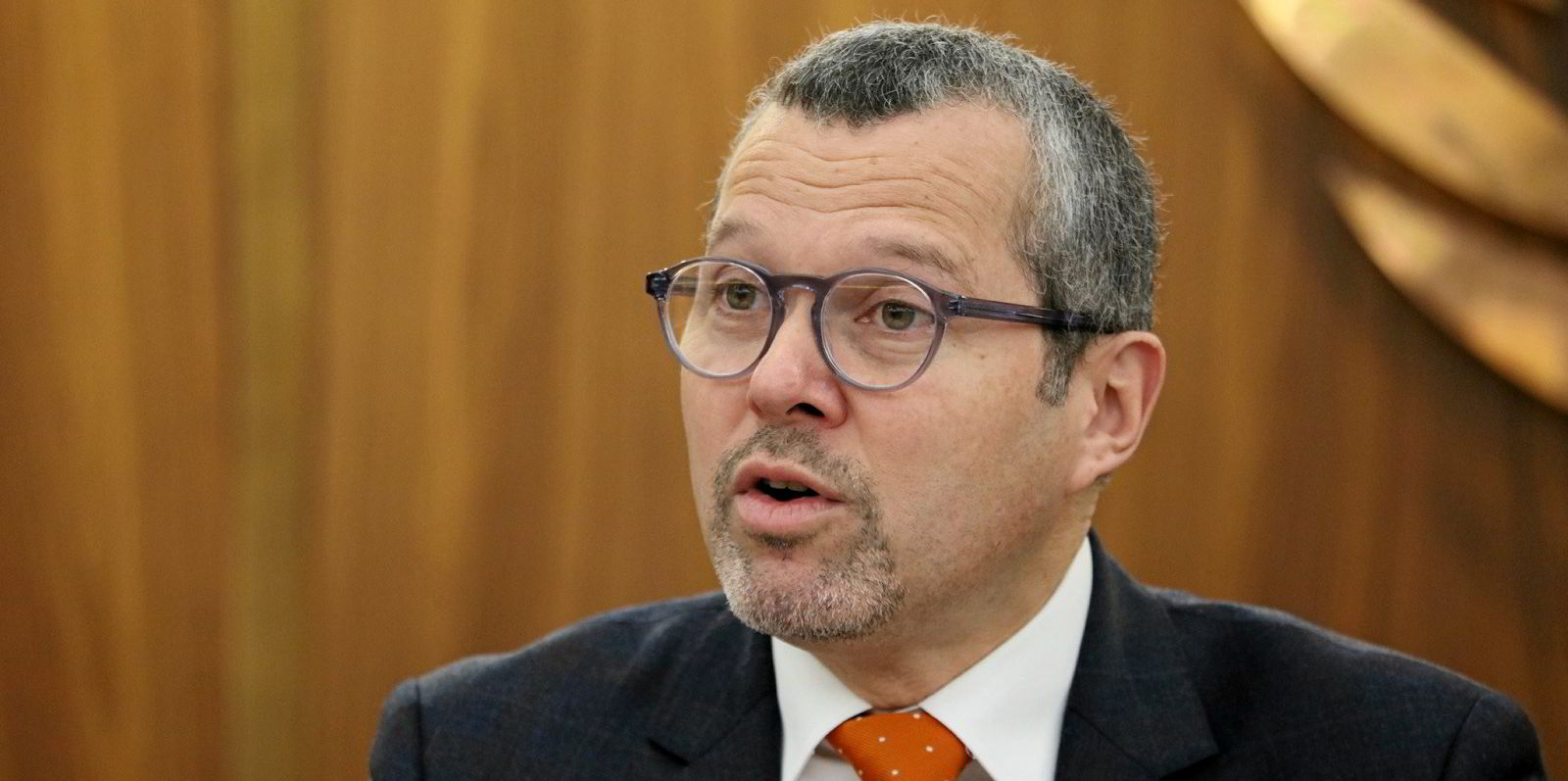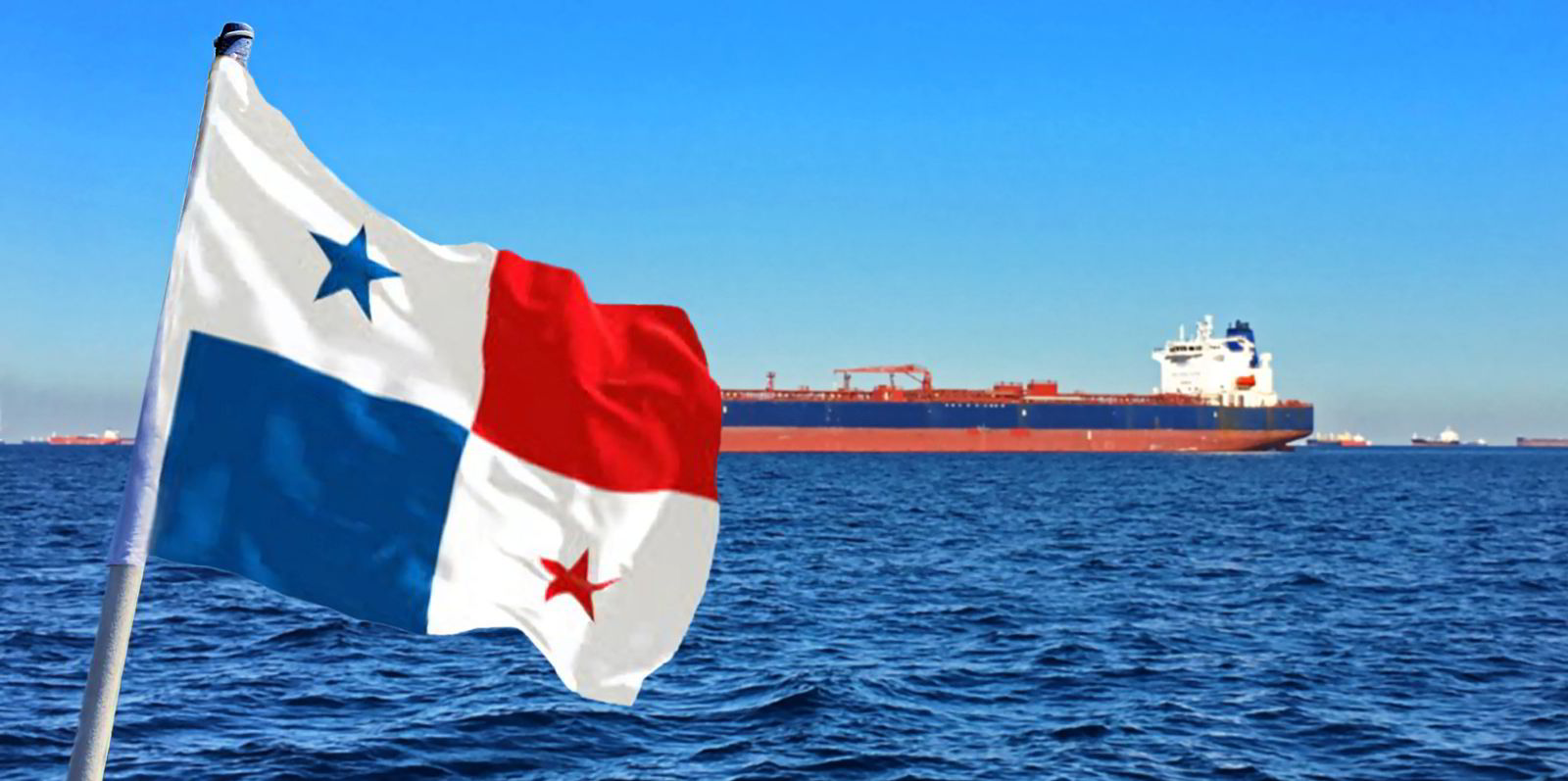More than 400 cases of ship abandonments remain unresolved from the last two decades with thousands of seafarers left unpaid or stranded, according to the International Maritime Organization.
The United Nations body warned that the number of new cases continued to rise despite most shipping nations signing up to rules aimed at ensuring seafarers are properly compensated if the money runs out.
Ships are abandoned when a shipowner fails to fulfil its obligations and a master has no money to operate the ship. Cases are only resolved if the crew has been repatriated and full settlement of owed wages,
An IMO database tracking the problem listed 849 abandonment incidents over 20 years, involving 11,968 seafarers by the end of 2023.
Only 41% of those cases had been successfully resolved with the remainder either disputed, unresolved or inactive.
The number of abandonment cases spiked during the Covid-19 crisis but has continued to increase, raising concerns at the IMO and unions about the treatment of seafarers.
In 2023, the IMO reported 142 new cases “alarmingly surpassing the previous year’s record”. The figures were detailed in papers prepared before the IMO’s legal committee, which is due to meet in April and will discuss the issue.
The numbers have increased despite new rules coming into force in 2017 demanding swift and effective payment of compensation to seafarers and their families in the event of abandonment, death or long-term disability.
The Maritime Labour Convention (MLC) has been agreed by 104 countries, representing nearly 97% of global tonnage, but not all of them had signed off on the new rules on compensation.
More than one-third of cases of abandonment in 2023 were of ships from flag states that had not signed up to both the MLC and the amendment, leaving the seafarers on board more vulnerable to losing money.
Throwaway commodity
They include Cameroon, which emerged in 2023 as a major shadow fleet player, which had 11 cases of abandonment last year, behind only Panama and Palau, according to the International Transport Workers’ Federation, which produced its own analysis of the figures.
It said that seafarers were owed wages of more than $12m last year in a report published last month and warned that the industry was treating seafarers as a “throwaway commodity”.
The International Transport Workers’ Federation inspectorate coordinator Steve Trowsdale said shipowners were trying to “get away with treating seafarers like some sort of modern-day slaves”.
The new leader of the IMO, Arsenio Dominguez, has promised to be a vigorous campaigner for seafarers during his four-year term.
Read more
- Outspoken rights campaigner turns attention to investigating abuse in shipping
- Sovcomflot tankers back in business after sanction delays
- Panama prepares purge of substandard ships in compliance drive
- Singapore denies ITF claims it contravened Maritime Labour Convention
- Singapore faces criticism over crew-abandonment case




